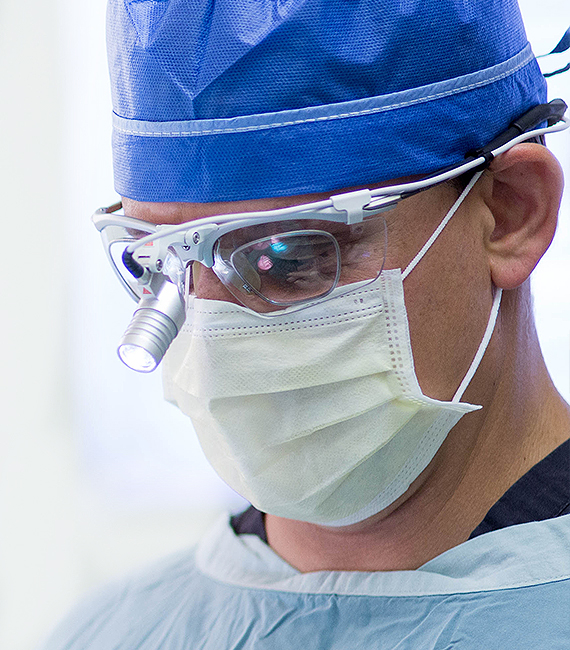Tooth
Extractions
At Sandhills Oral Surgery & Implant Dentistry, our goal is to explore all possibilities for saving a tooth before performing an extraction. However, there are situations that will result in
the need to remove a tooth—primarily when wisdom teeth become impacted or when a tooth becomes damaged beyond repair by disease or decay.


Wisdom Teeth Removal
By adulthood, the average person has 32 teeth: 28 functional teeth used for biting and chewing and 4 “third molars”, also known as wisdom teeth. Wisdom teeth are located at the back of the mouth and are usually the last teeth to emerge. They once held an important role in the human diet, allowing our ancestors to chew more coarse, rough food than we are accustomed to today. However, through human evolution and the advent of softer food and utensils, wisdom teeth are now considered non-vital and functionally useless.
When wisdom teeth do not develop correctly or lack the room to erupt and move into their proper position, they become “impacted.” Impacted wisdom teeth can be painful and cause all sorts of oral health problems. If they grow sideways or remain
beneath the bone or gum line, they can cause surrounding teeth to become crowded, misaligned, or damaged. Wisdom teeth that only partially erupt can result in bacterial infection leading to pain, swelling, decay, and bad breath. In extreme cases, an impacted wisdom tooth can result in dangerous growths around the tooth that can lead to damage to bone and surrounding healthy teeth. For all these reasons, it is recommended to remove impacted wisdom teeth as early as possible.
Even when wisdom teeth erupt and align properly, they are often still removed. Though non-problematic wisdom teeth do not require extraction, they are commonly removed in young adults to avoid future issues and to create space for braces and other orthodontics to work effectively.

Other Reasons for Tooth Extraction
In other cases, tooth extraction may be necessary if you develop severe tooth decay or a bacterial infection damages the pulp of a tooth. It’s very important that these conditions do not spread to other teeth or cause further complications, so in the event that restoration isn’t viable, extraction is often the best option. Finally, certain surgical procedures or restorations may require a patient to have one or more teeth extracted to facilitate treatment or allow other teeth room to move into their proper positions following treatment.
At Sandhills Oral Surgery & Implant Dentistry, our highly trained maxillofacial surgeons will provide an oral examination and X-ray analysis to determine if tooth extraction is necessary. If a tooth must be removed, patients will undergo a routine procedure to extract it using either local anesthesia or IV Sedation, depending on the patient’s specific needs. After the tooth is extracted, sutures will be used on the gums. The patient will be informed of post-operative care instructions and provided with pain medication, when necessary, to aid in healing and recovery.

To make an appointment or learn more about our team approach to patient care, please contact us at our Fayetteville office.









